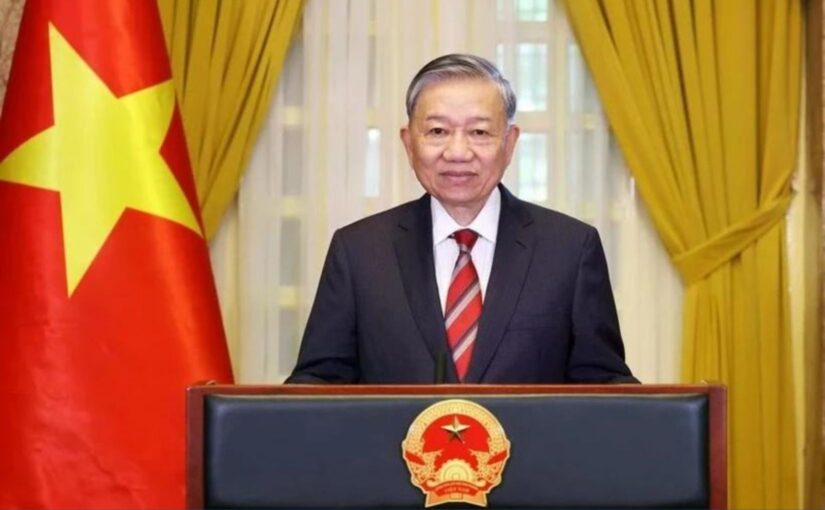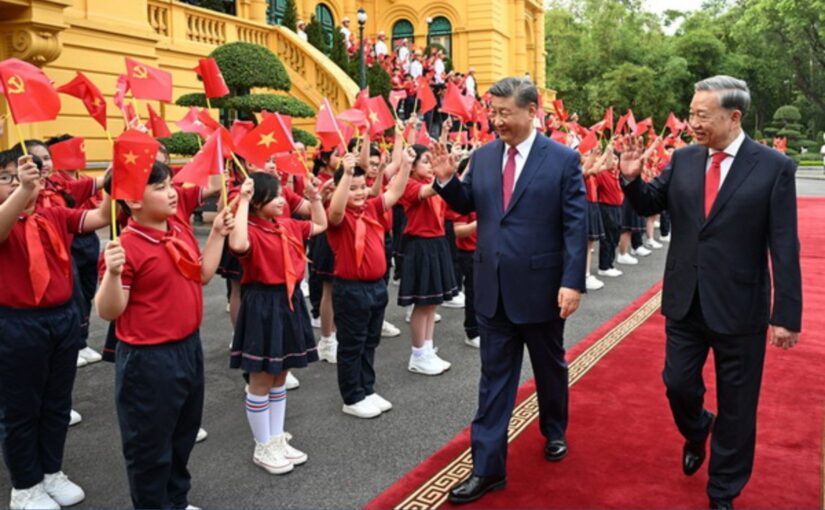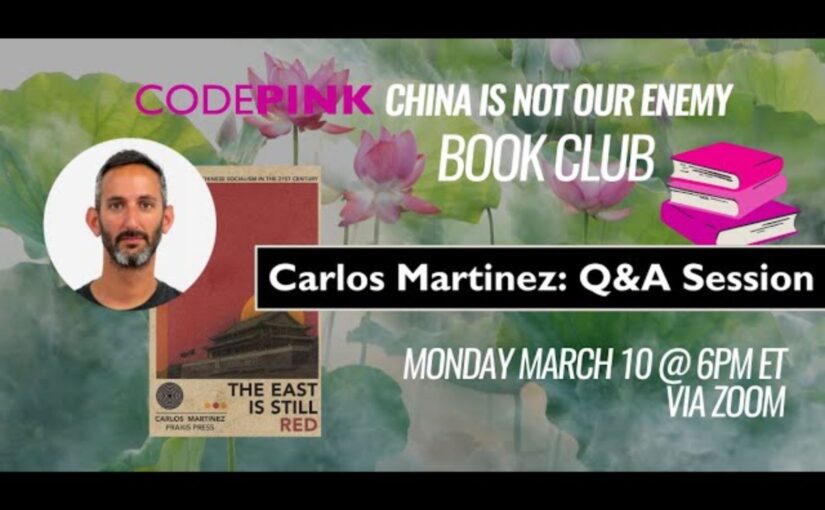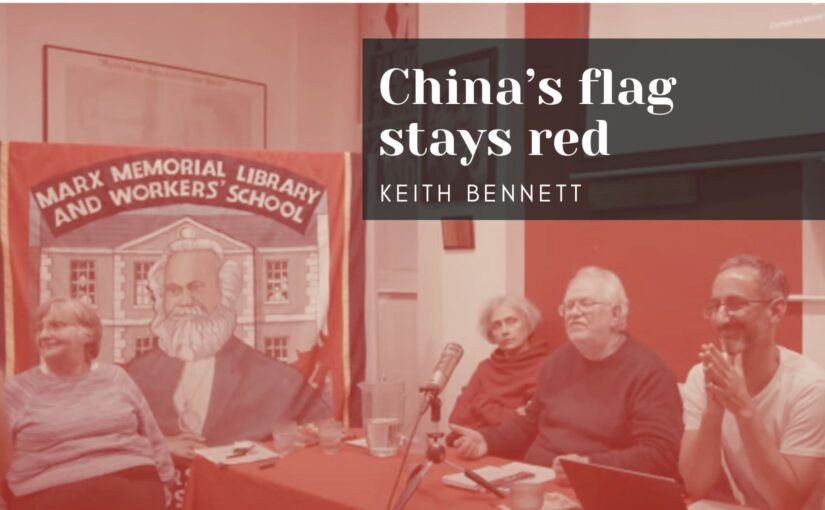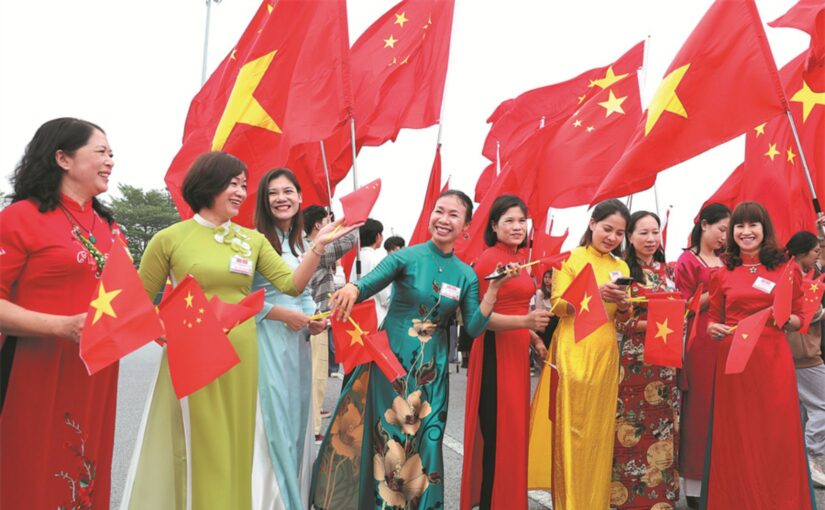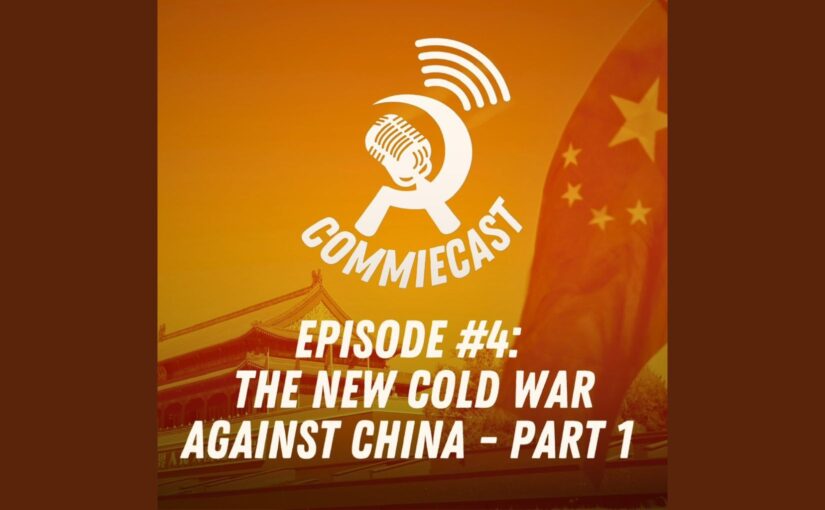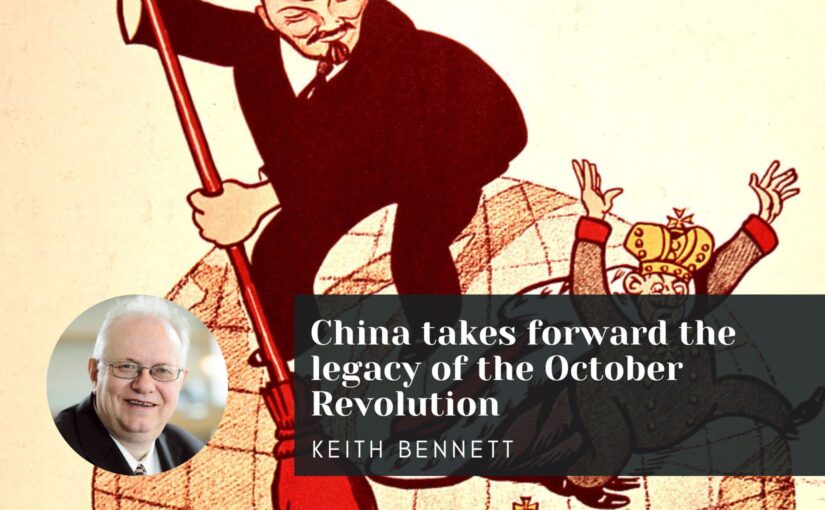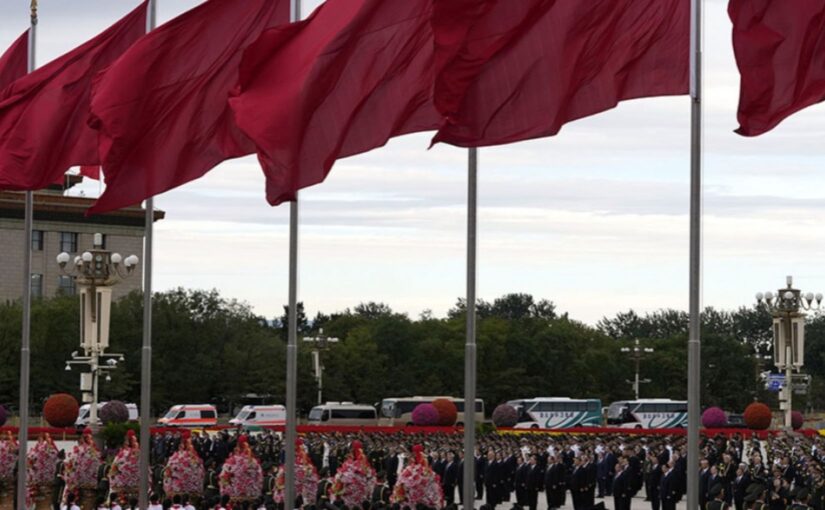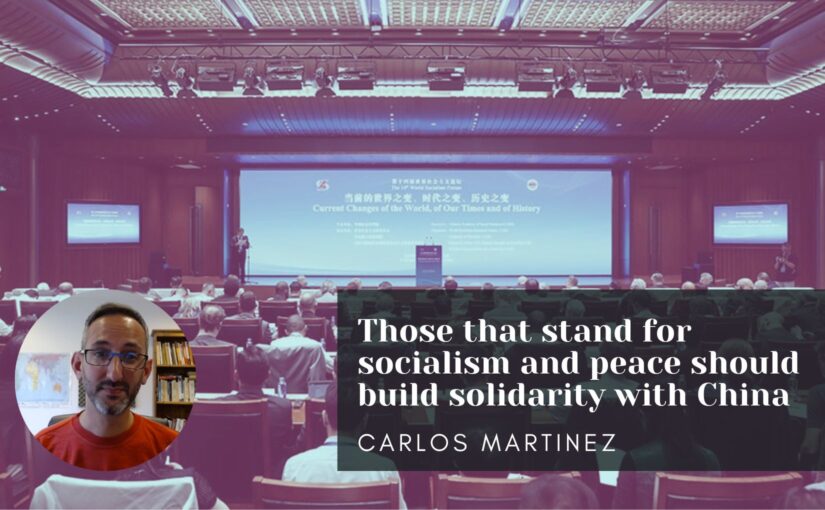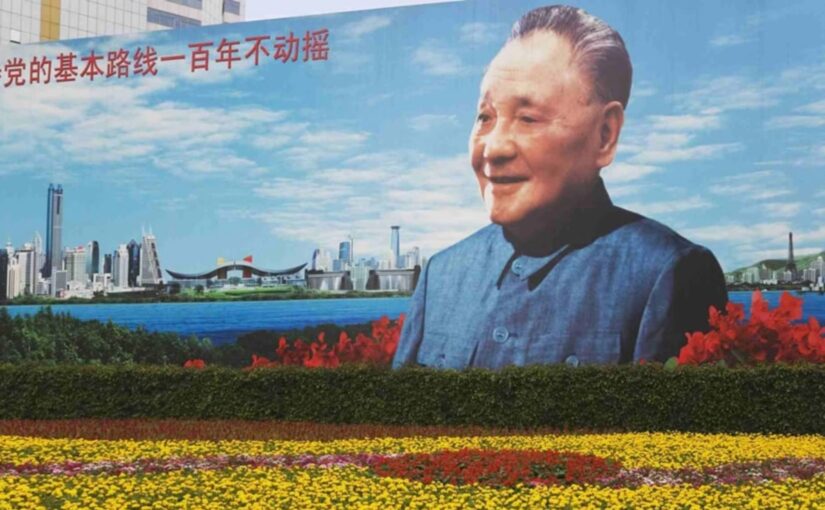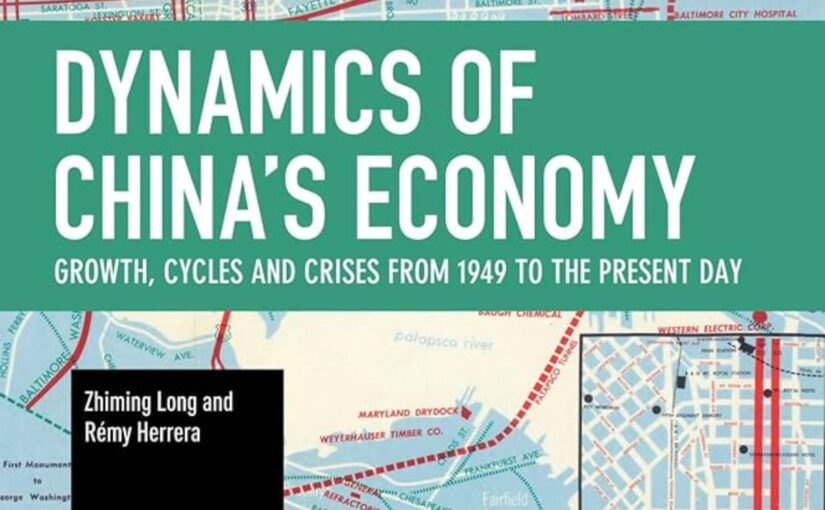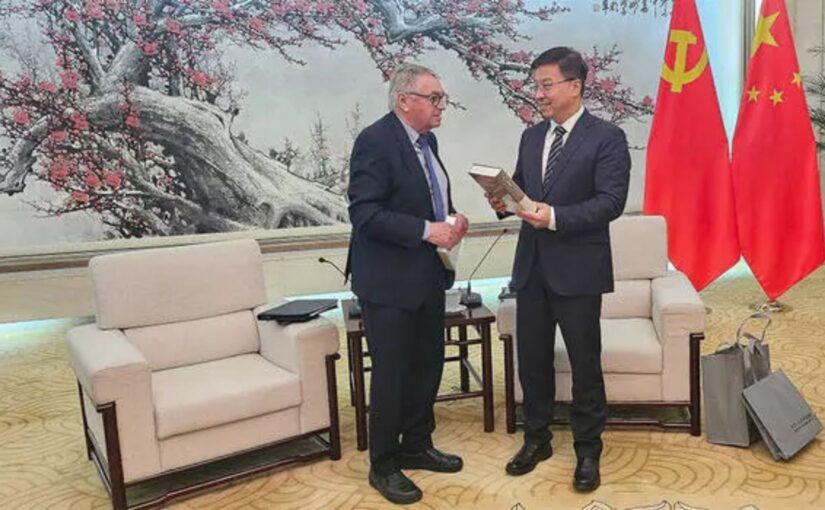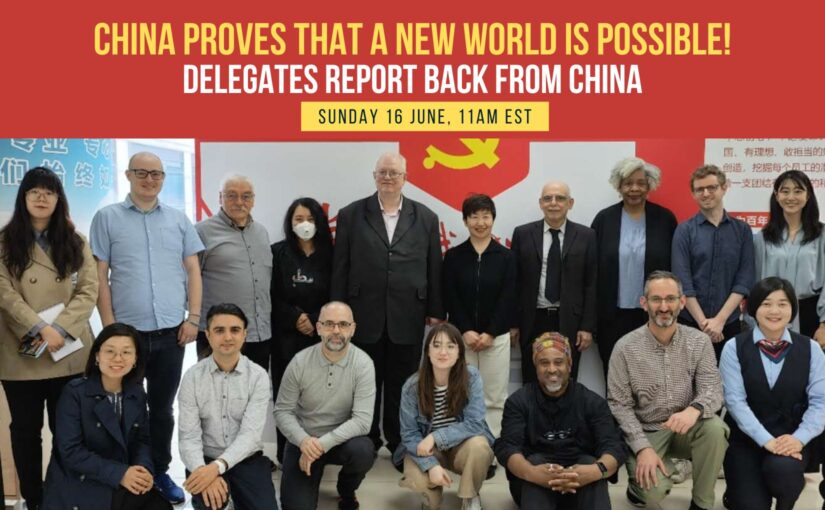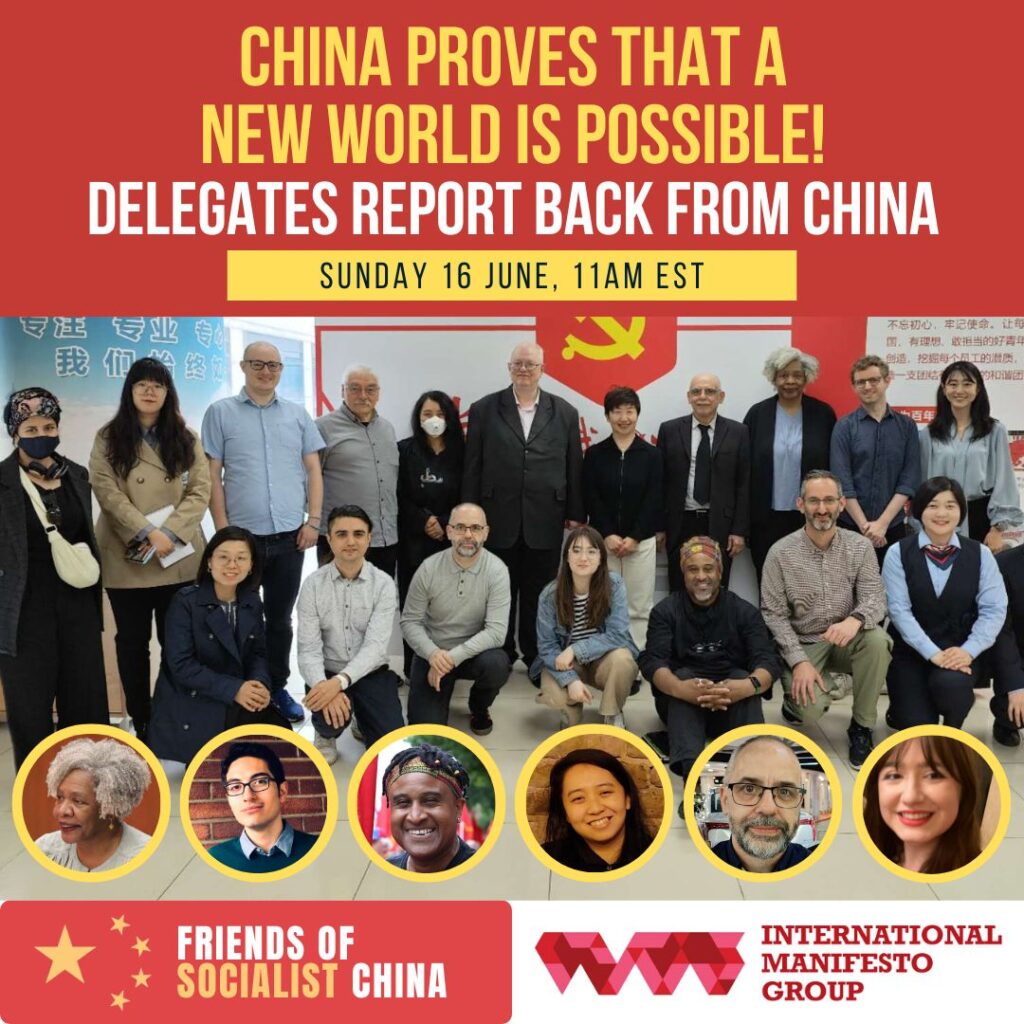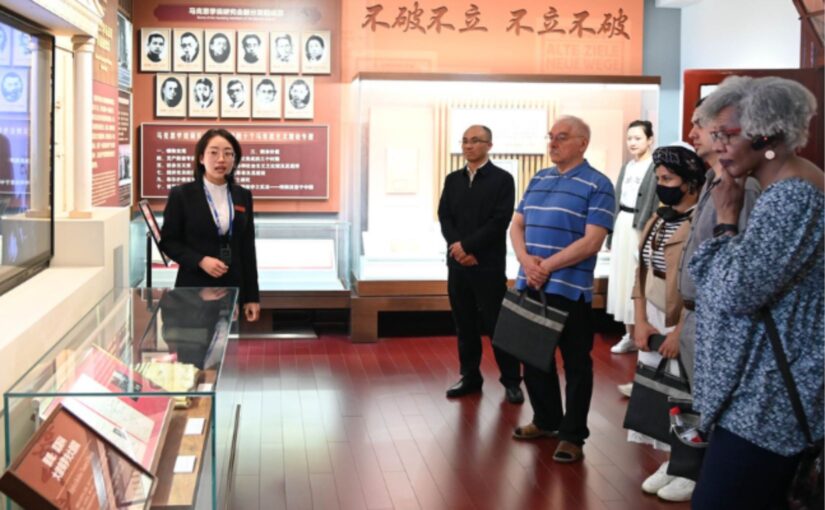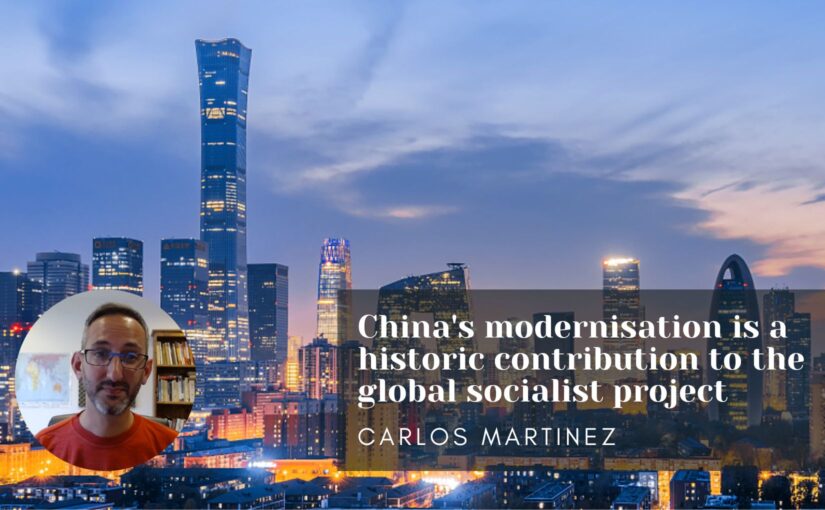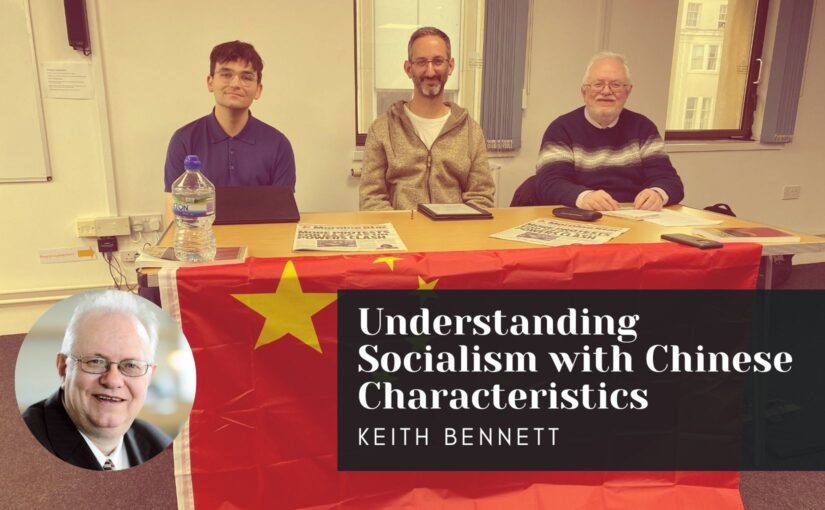We previously republished the article by Chinese President Xi Jinping published in the Vietnamese newspaper Nhân Dân on April 14, coinciding with his arrival in the country for a state visit. The same day, China’s People’s Daily published an article by To Lam, General Secretary of the Communist Party of Vietnam, welcoming Xi’s visit.
In his article, To Lam noted: “This is Comrade Xi Jinping’s fourth visit to Vietnam since he assumed the responsibility of Party General Secretary and President of China, and also his second visit to Vietnam in the 13th-term National Congress of the Communist Party of Vietnam (CPV) and the 20th-term National Congress of the Communist Party of China (CPC). As the Supreme Leader of the Communist Party of China and the People’s Republic of China who has visited Vietnam the most in history, General Secretary and President Xi Jinping is a sincere comrade and a close friend of Vietnam. The Party, State and people of Vietnam warmly welcome and believe that the visit will definitely be a great success, making a great and important contribution to strongly promoting the tradition of friendship and opening a new era of development in Vietnam-China relations.”
The article continues to note that, in the revolutionary journey that was closely linked from the beginning with countless difficulties, generations of leaders of the two Parties and two countries, directly President Ho Chi Minh and Chairman Mao Zedong, constantly worked hard to cultivate “the close relationship between Vietnam and China, both comrades and brothers”. During many years of revolutionary activities in China, President Ho Chi Minh always received precious sentiments and enthusiastic help from the Chinese communists and people. Under the leadership of President Ho Chi Minh, Vietnamese communists also actively participated in the revolutionary movement in China. The history of standing shoulder to shoulder and sharing joys and sorrows between the revolutionary predecessors of the two countries was a shining example in the revolutionary struggle movement of the world proletariat, laying a solid foundation for the future friendship between Vietnam and China.
On the basis of the reliable relationship between the two Communist Parties, on January 18, 1950, shortly after its establishment, the People’s Republic of China became the first country in the world to officially establish diplomatic relations with the Democratic Republic of Vietnam (now the Socialist Republic of Vietnam). Vietnam was also the first Southeast Asian country to officially establish diplomatic relations with China. This was a brilliant historical milestone, opening a new era for the Vietnam-China friendship. Under the guidance of the two Communist Parties, the people of the two countries gave each other sincere and wholehearted help and support, contributing to the victory and success of the national liberation revolution and the cause of national construction and development in the direction of socialism in each country.
In the overall foreign policy of independence, self-reliance, peace, friendship, cooperation and development, multilateralisation and diversification of foreign relations, the Party and State of Vietnam have always persistently and consistently given top priority to and determined to work with the Party and State of China to develop the Comprehensive Strategic Cooperative Partnership, the Vietnam-China Community with a shared future that carries strategic significance, for the happiness of the people of the two countries, for the cause of peace and progress of all mankind. The Vietnamese people will never forget the great and effective assistance of the Chinese people in historical periods. Vietnam always considers China’s prosperous development as an opportunity for itself and is pleased and appreciates China’s affirmation of prioritising the development of relations with Vietnam in its neighbourhood diplomacy and considers this a strategic choice of both countries.
The two sides have satisfactorily resolved many issues left over from history and agreed to persistently and properly handle and actively resolve disagreements through peaceful measures on the basis of mutual understanding and respect, in accordance with international law. For the relations between the two Parties and two countries to develop well and comprehensively as they are today, the most important lesson is the sincerity, trust and mutual understanding between the two socialist neighbouring countries under the leadership of the Communist Parties, deeply rooted in the tradition of humanity and respect for human relations of the two peoples; the intellectual vision, determination and action of generations of leaders of the two Parties and two countries; and the joint efforts and participation of the political systems and people of the two countries. The Party, State and People of Vietnam respect and appreciate the sentiments, enthusiasm and especially important great contributions of General Secretary and President Xi Jinping to the Vietnam-China relationship over the past many years.
The world is undergoing profound, fundamental changes of an epochal nature, with deep transformations in every aspect under the impact of major shifts in politics, economy, culture, society, and science and technology. The period from now until 2030, with a longer-term vision toward 2045 and even 2050, the mid-point of the 21st century – key milestones tied to the revolutionary causes of the two Parties and the two countries – will be the most crucial period for shaping a new world order. It will open up great opportunities, while also posing significant challenges for nations. For Vietnam, this is a period of important strategic opportunity, a decisive sprint stage to usher in a new era of national development and to fulfill President Ho Chi Minh’s aspiration of “building a peaceful, unified, independent, democratic, and prosperous Vietnam, making a worthy contribution to the revolutionary cause of the world.” For China, this is a pivotal period and a stepping stone in realising its second centenary goal, building the People’s Republic of China into a modern socialist power that is prosperous, strong, democratic, civilised, harmonious, and beautiful.
The following English translation of Comrade To Lam’s article was originally published by Nhân Dân.
JOINING HANDS TO OPEN A NEW ERA OF DEVELOPMENT OF VIETNAM-CHINA FRIENDSHIP
To Lam, General Secretary of the Central Committee of the Communist Party of Vietnam
At the invitation of mine and President Luong Cuong of the Socialist Republic of Vietnam, comrade Xi Jinping, General Secretary of the Central Committee of the Communist Party of China and President of the People’s Republic of China, will pay a state visit to Vietnam from April 14-15, 2025, in the year when the people of the two countries joyfully celebrate the 75th founding anniversary of diplomatic relations between Vietnam and China (January 18, 1950 – 2025) and the Year of Vietnam-China Humanistic Exchange.
This is comrade Xi Jinping’s fourth visit to Vietnam since he assumed the responsibility of Party General Secretary and President of China, and also his second visit to Vietnam in the 13th-term National Congress of the Communist Party of Vietnam (CPV) and the 20th-term National Congress of the Communist Party of China (CPC). As the Supreme Leader of the Communist Party of China and the People’s Republic of China who has visited Vietnam the most in history, General Secretary and President Xi Jinping is a sincere comrade and a close friend of Vietnam. The Party, State and people of Vietnam warmly welcome and believe that the visit will definitely be a great success, making a great and important contribution to strongly promoting the tradition of friendship and opening a new era of development in Vietnam – China relations.
I. Vietnam – China relations: History of close friendship, comprehensive cooperation achievements
Vietnam and China are two close neighbours, connected by mountains and rivers, the people of the two countries have shared many similarities in culture and customs, and together cultivated a long-standing traditional friendship that has lasted for thousands of years.
Continue reading General Secretary Tô Lâm: Xi Jinping is a sincere comrade and a close friend of Vietnam